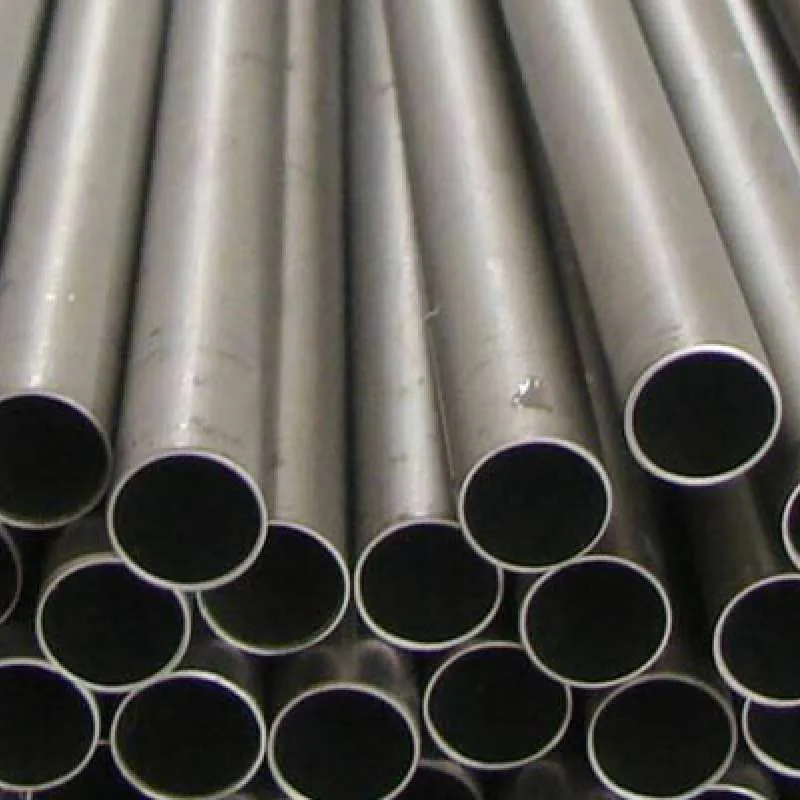-
Cangzhou Yulong Steel Co., Ltd.
-
Phone:
+86 13303177267 -
Email:
admin@ylsteelfittings.com
- English
- Arabic
- Italian
- Spanish
- Portuguese
- German
- kazakh
- Persian
- Greek
- French
- Russian
- Polish
- Thai
- Indonesian
- Vietnamese
- Zulu
- Korean
- Uzbek
- Hindi
- Serbian
- Malay
- Ukrainian
- Gujarati
- Haitian Creole
- hausa
- hawaiian
- Hebrew
- Miao
- Hungarian
- Icelandic
- igbo
- irish
- Japanese
- Javanese
- Kannada
- Khmer
- Rwandese
- Afrikaans
- Albanian
- Amharic
- Armenian
- Azerbaijani
- Basque
- Belarusian
- Bengali
- Bosnian
- Bulgarian
- Catalan
- Cebuano
- China
- China (Taiwan)
- Corsican
- Croatian
- Czech
- Danish
- Esperanto
- Estonian
- Finnish
- Frisian
- Galician
- Georgian
- Kurdish
- Kyrgyz
- Lao
- Latin
- Latvian
- Lithuanian
- Luxembourgish
- Macedonian
- Malgashi
- Malayalam
- Maltese
- Maori
- Marathi
- Mongolian
- Myanmar
- Nepali
- Norwegian
- Norwegian
- Occitan
- Pashto
- Dutch
- Punjabi
- Romanian
- Samoan
- Scottish Gaelic
- Sesotho
- Shona
- Sindhi
- Sinhala
- Slovak
- Slovenian
- Somali
- Sundanese
- Swahili
- Swedish
- Tagalog
- Tajik
- Tamil
- Tatar
- Telugu
- Turkish
- Turkmen
- Urdu
- Uighur
- Welsh
- Bantu
- Yiddish
- Yoruba

Dec . 12, 2024 13:25 Back to list
api 5l pipe
Understanding API 5L Pipe A Comprehensive Overview
API 5L pipe is an essential component in various industries, particularly in the oil and gas sector. Developed by the American Petroleum Institute (API), this standard addresses the specification for line pipes used in the transportation of oil, natural gas, and other fluids. The API 5L standards provide guidelines for the material, construction, and testing methods of these pipes, ensuring their reliability and safety in demanding conditions.
Historical Context
The API 5L standard was first introduced in 1920, reflecting the growing need for standardization in the oil industry. As industrialization progressed, the demand for effective and safe transportation of petroleum products increased. The standard has since evolved, adapting to new technologies and materials to enhance the performance and safety of line pipes.
Classification and Grades
API 5L classifies pipes into two main categories Line Pipe and Structural Pipe. The line pipes are primarily used for transporting oil, gas, and water; whereas structural pipes are utilized for non-pipeline applications. Each category is further divided into various grades that indicate the strength and other mechanical properties of the pipes.
The grades of API 5L pipes are denoted using the letters L followed by a number that signifies the minimum yield strength in thousands of pounds per square inch (psi). For example, API 5L Grade B has a yield strength of 35,000 psi, while API 5L X52 has a minimum yield strength of 52,000 psi. Higher grades, such as X60 and X70, possess increased strength, making them suitable for high-pressure applications.
Material and Construction
API 5L pipes are primarily made from carbon steel or low-alloy steel, selected for their durability and resistance to corrosion. The manufacturing process involves several steps, including forming, welding, and heat treatment, to ensure the pipes meet the required specifications.
api 5l pipe

There are two main manufacturing processes for API 5L pipes seamless and welded. Seamless pipes are produced by extruding the steel, ensuring a uniform structure without joints, which enhances their integrity. Welded pipes, on the other hand, are made by rolling steel plates and welding them together. They are often used in applications where the pipe diameter is large, or where cost considerations make seamless pipes less practical.
Testing and Quality Control
Ensuring the integrity and safety of API 5L pipes is critical due to the high stakes of transporting volatile substances. Rigorous testing and quality control measures are in place to verify their performance. These tests evaluate various properties, including tensile strength, yield strength, and pressure resistance. Non-destructive testing methods, such as ultrasonic and radiographic inspection, are also used to identify any flaws or weaknesses in the material.
Applications
API 5L pipes are indispensable in various applications, primarily in the oil and gas industry. They are widely used in pipelines that transport crude oil, natural gas, and refined products over long distances. Additionally, these pipes find application in water treatment facilities, construction projects, and industrial plants, showcasing their versatility beyond the petroleum sector.
Future Trends
As global energy demands evolve, the API 5L standards are likely to adapt to new technologies and materials. Innovations such as advanced coatings that enhance corrosion resistance and improvements in manufacturing processes are already being explored. Moreover, the increasing focus on sustainability may lead to the development of more eco-friendly manufacturing solutions.
Conclusion
API 5L pipe plays a critical role in the efficient and safe transportation of oil, natural gas, and other fluids. Its comprehensive standards ensure that these pipes can withstand the rigors of their environment while enduring high pressures. As industries continue to innovate and evolve, the significance of API 5L pipes will remain paramount, underpinned by a commitment to quality, safety, and performance in the pipeline sector. Understanding these pipes is essential for anyone involved in related industries, as their effectiveness directly influences operational success.
Latest news
-
ANSI 150P SS304 SO FLANGE
NewsFeb.14,2025
-
ASTM A333GR6 STEEL PIPE
NewsJan.20,2025
-
ANSI B16.5 WELDING NECK FLANGE
NewsJan.15,2026
-
ANSI B16.5 SLIP-ON FLANGE
NewsApr.19,2024
-
SABS 1123 FLANGE
NewsJan.15,2025
-
DIN86044 PLATE FLANGE
NewsApr.19,2024
-
DIN2527 BLIND FLANGE
NewsApr.12,2024
-
JIS B2311 Butt-Welding Fittings LR/SR 45°/90° /180°Seamless/Weld
NewsApr.23,2024











